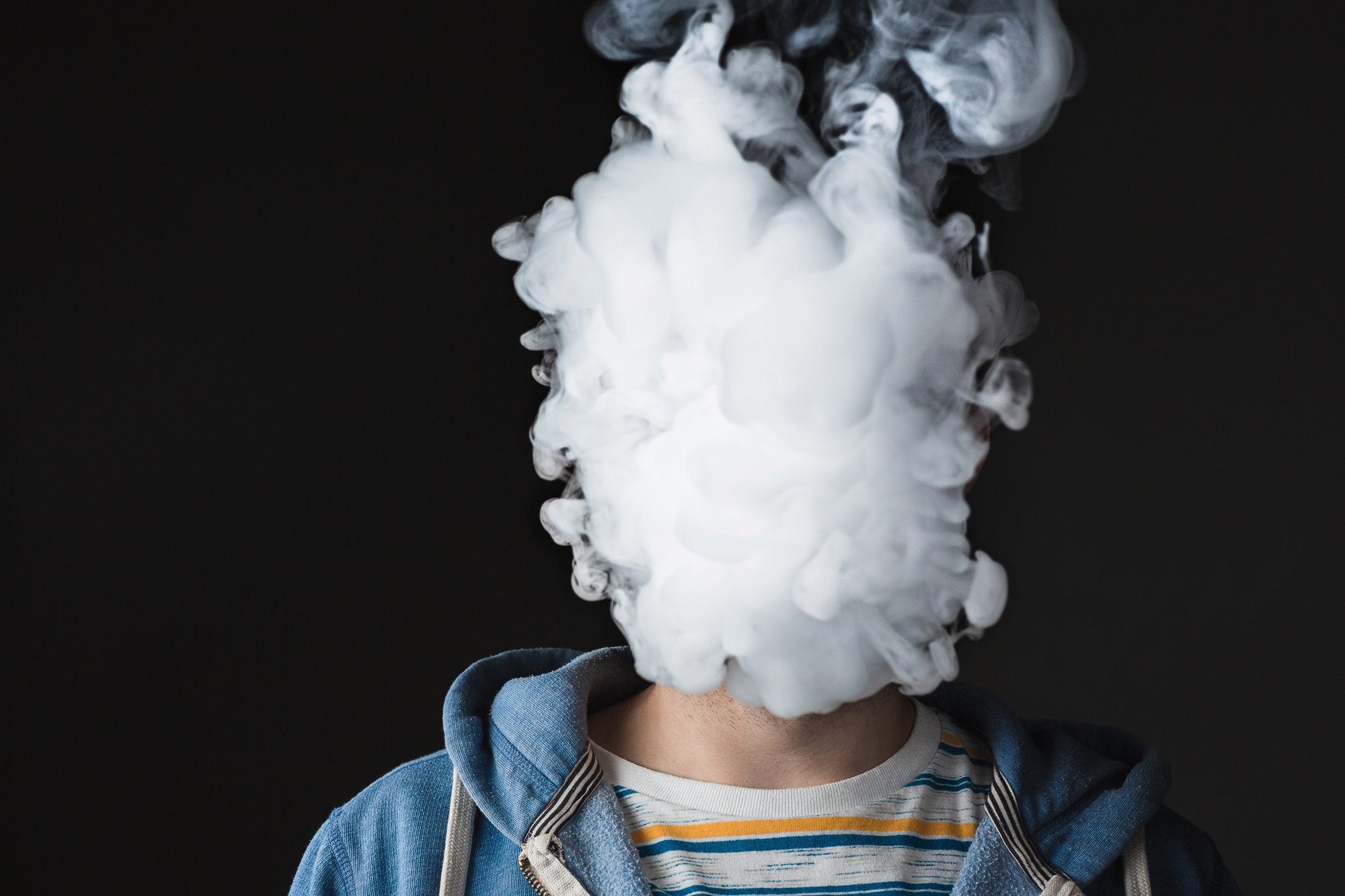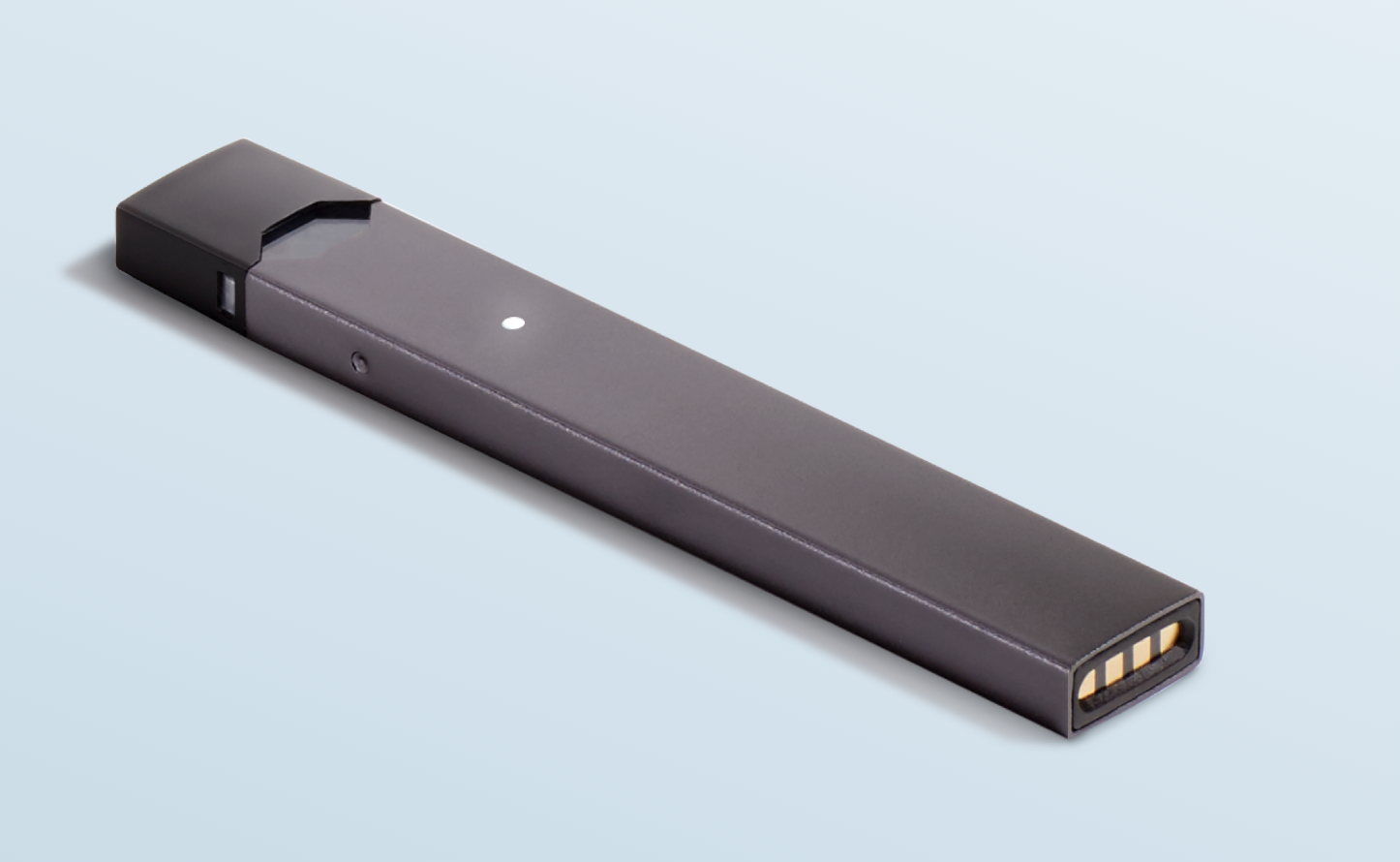
Kids and e-cigarettes don't mix — or, at least they shouldn't. But a new report by the US Food and Drug Administration shows that we're not doing a good enough job of preventing kids from getting their hands on these potentially dangerous cigarette alternatives. The FDA has declared youth vaping an "epidemic" and announced an unprecedented crackdown on retailers and e-cigarette manufacturers
FDA Commissioner Scott Gottlieb announced a new series of actions and threatened a potential ban on flavored e-cigs in a press release dated September 12, 2018. This summer, the FDA sent warning letters to 1,300 e-cigarette retailers and manufacturers after an "undercover blitz" revealed many were illegally selling to minors. Now, according the press release, the FDA has told Juul Labs and four other popular e-cigarettes makers (Vuse, Blu, MarkTen XL, and Logic) that they have 60 days to submit plans that prove they can prevent minors from using their products. If the e-cigarette makers can't do this, they may be required to stop selling "some or all of their flavored products."
"While we remain committed to advancing policies that promote the potential of e-cigarettes to help adult smokers move away from combustible cigarettes, that work can’t come at the expense of kids. We cannot allow a whole new generation to become addicted to nicotine," Gottlieb said in the statement.

The Juul is arguably the most popular kind of e-cigarette. It looks like a small USB drive, but it delivers nicotine. The nicotine is delivered via flavored vapor from "Juul pods," little pods of flavored liquid that taste like mango, cool cucumber, creme brulee, or mint.
While Juul certainly isn't the only e-cigarette on the market, it is a top-seller and has gotten a lot of recent attention from people suing the makers due to claims that the Juul pods are "too addictive."
On its website, Juul lays out an action plan to reduce the number of teens using its products. It includes $30 million dedicated to research on youth tobacco use, age verification website technology to "make sure minors are not able to access and purchase our products online," and penalties for people who resell to minors.
Still, the FDA crackdown means these companies have to do more. According to the FDA more than 2 million middle and high school students were using e-cigarettes in 2017. In his statement, Gottlieb said, "In enabling a path for e-cigarettes to offer a potentially lower risk alternative for adult smokers, we won’t allow the current trends in youth access and use to continue, even if it means putting limits in place that reduce adult uptake of these products."




